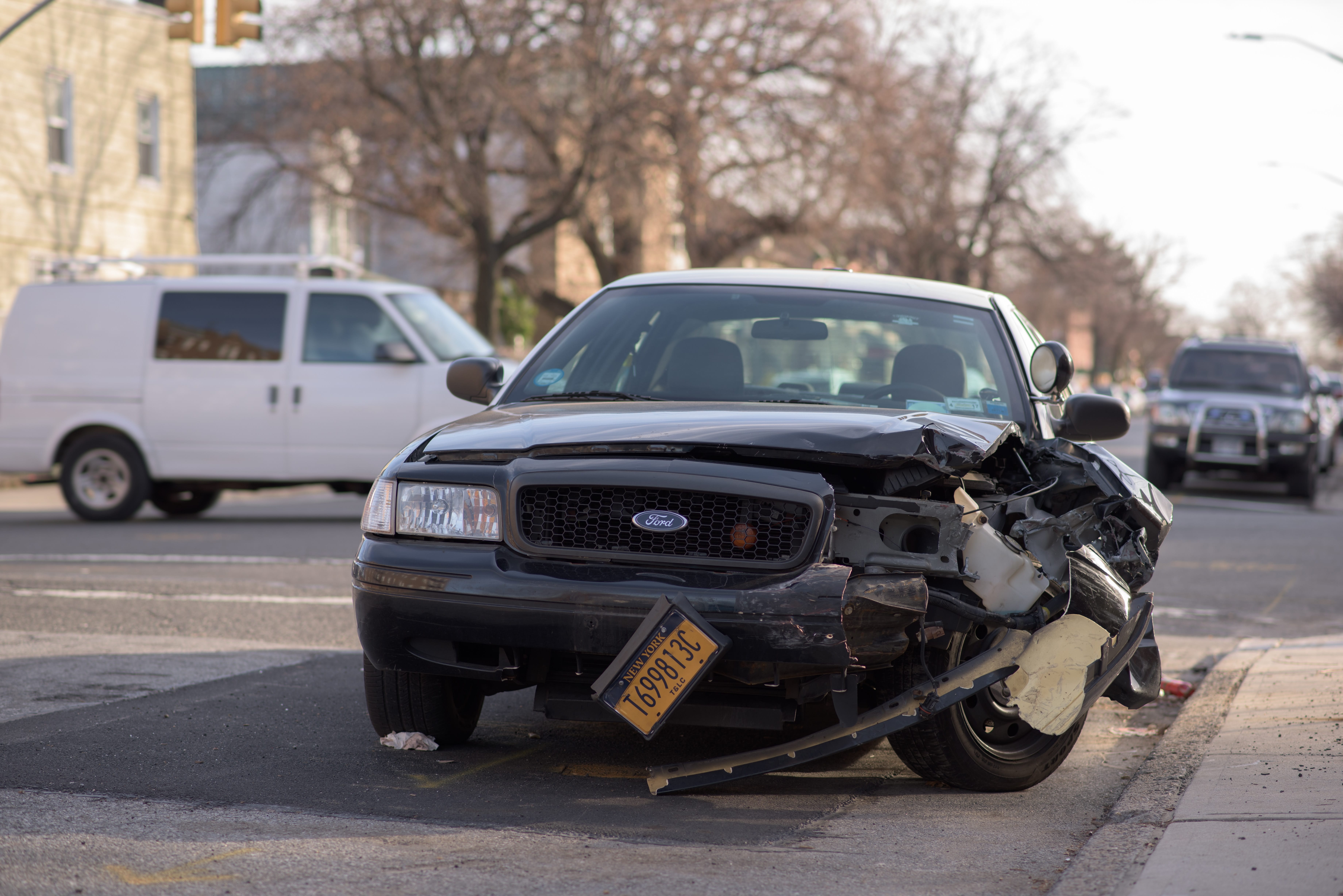A car accident can be an overwhelming experience. However, you should be mindful of the auto insurance laws of your state. Since such laws tend to be obtuse and complex, having an experienced lawyer by your side can help you get adequate compensation.
A car accident is stressful and overwhelming experience. All the same, try to keep your cool and remain aware of the steps you need to take to protect yourself and others. It’s also important you understand important car accident laws, so that you don’t get taken advantage of.
Here’re the most important rules you should know about:
- No-fault Laws
Most states in the US follow the at-fault system to settle auto insurance claims, but some adhere to the no-fault system.
In a no-fault system, every insurance carrier must compensate its policyholder for damage in the event of a car accident, regardless of fault. This means if you were involved in a car accident, you will receive compensation from your insurance company and the other driver from his. Also, generally you can’t sue the other party for compensation, nor can be sued.
You can file a personal injury claim against the other driver in a no-fault state only if:
- Your medical expenses from injuries sustained in the car accident crosses a certain threshold, which varies from one no-fault state to another.
- You sustain a severe injury.
Having a sound understanding of car accident laws in your state can help you achieve the best possible outcome. Since laws that regulate auto accidents are often complex, it’s best to take legal support. Your lawyer can best inform you whether you can or should take legal action against the other party or not.
At present, 12 states in the US that have no-fault insurance laws. These are Florida, New York, New Jersey, Pennsylvania, Michigan, Hawaii, Massachusetts, Kentucky, Kansas, Minnesota, Utah, and North Dakota. Puerto Rico also has no-fault insurance laws.
- Fault Laws
All the remaining US states follow the at-fault system for resolving auto accident claims. In this system, every driver must assume responsibility for his actions. If you’re hurt in an accident caused by another driver, his insurance company will pay you for damages. Your lawyer is the best person to guide you on this. They will be able tell you whether you’ve a strong case or not, and if you do, how much compensation you can get.
Sometimes, both drivers are partially at fault in an auto accident. To resolve such cases, at-fault states use either pure comparative negligence system or modified comparative negligence system.

If you’re involved in a car accident where you’re partially responsible, it’s important for you to know which system your state follows. Otherwise, you may not be able to achieve the best outcome.
- Pure Comparative Negligence
In a pure comparative negligence state, you can win compensation, regardless of your percentage of fault, as long as it is not 100%.
For instance, let’s say you were involved in an accident where you were 51% at fault. Even though you were more at-fault than the other driver, you can recover 49% of your damages if the jury gives a verdict in your favor.
Theoretically speaking, in such a system, you can recover damages even if you were 99% at fault. Of course, you will only be able to recover only 1% of damages, since you were responsible for 99% of your damages.
- Modified Comparative Negligence
In this system, you can receive compensation only if you prove the other driver was more at-fault than you. Also, you’ll get compensation only for the percentage of fault the court assigns the other driver.
For example, let’s say you incurred damages of $100,000 in a car accident that was 20% your fault. In such a case, you’ll get $80,000 as compensation.
- Injury Filing Claim Deadline
In case you want to file a personal injury claim, you should do so within a specific time period. The deadline for filing claim may vary from one state to another, so it’s important you are mindful of it. If you miss it, you may not be able to get compensation.
That said, in some cases you can get an extension. These include, but are not limited to, the following:
- You discovered your injury from the accident after the deadline has expired.
- You’re filing a claim against the government.
If you’ve missed the deadline, don’t think that’s the end of road for you. Consult an experienced lawyer, who would study your case from all angles to see if you can still file a claim.
- The Law on Punitive Damages
Last but not the least, be mindful of the law on punitive damages, which punishes defendants who indulge in reprehensible or dangerous behavior. If you’re found guilty of wrongful conduct, you can face a stiff penalty.
Conclusion
A car accident can be an overwhelming experience. However, you should be mindful of the auto insurance laws of your state. Since such laws tend to be obtuse and complex, having an experienced lawyer by your side can help you get adequate compensation.


Join the conversation!